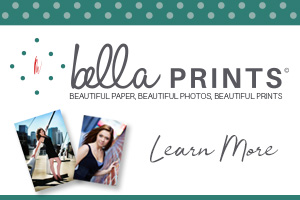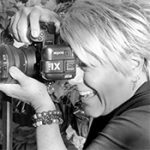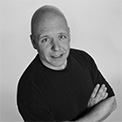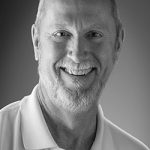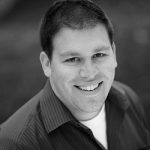Intro by Skip Cohen
I found this post in Chamira Young’s archives, and it’s so appropriate to what so many of you are doing. The pandemic has changed everything in business, and at a time when contact is so essential, the one place people feel consistently safe is in cyberspace.
Photographers and clients are spending more time on the Internet than ever before, and in the process, it’s hard to avoid the comparison game. But the focus of my comments today is strictly on photographers who compare their work to other artists.
Years ago, Michele Celentano kicked off her presentation at a day of photo boot camp I was hosting. She made the following comment, “Twenty years ago, I was right where you are now – wondering how long it would be before my work didn’t suck!” She then put everyone at ease and presented a half dozen of the worst wedding portraits I’ve ever seen – her earliest work. From there she took the audience through the process of her education, practice and developing her own unique style.
Here’s my point – keep working on your skillset. Look at everyone’s work you can; not to compare your work to theirs but to stay on top of the trends and styles of lighting, posing, and composition.
Stop getting sucked into discussions on Facebook forums when somebody criticizes an image you’ve shared. Print critique is beneficial when you’re trying to learn more – listen to what people suggest, but use their advice to develop your own style. But stop taking it too much to heart – remember, they’re NOT your target audience!
Most important of all, remember a quote I’ve shared numerous times from my old buddy Dean Collins, “Beauty is in the eyes of the checkbook holder!”
By Chamira Young
In the age of social media, one of the biggest issues with photographers of all niches is the sharp edge of comparison.
Since it’s so easy to share your work, it is also very easy for everyone else too. As a result, many photographers fall into the trap of comparing their work to others. And there are so many different styles of photography – there is never right and wrong when it comes to art.
There are many reasons why comparing yourself to those whose work you see on social media is detrimental to your business.
Stunts Creativity – First and foremost, if you are spending time envying someone else’s work, it is stunting your creativity. When you spend so much time looking at work from others, you are subconsciously comparing yourself and finding ways for your work to look like what you might see on social media.
When you are spending time always looking at other work, you are being inundated with so many images and styles that you can start to lose your own style and unique ideas.
Influences Your Self Worth – Unfortunately, there are more ways to value you as a photographer than just what you’re paid. In fact, likes, comments, and shares have been given a ton of value by photographers in many niches.
By worrying about how many likes you get on a photo, you are influencing your try self-worth. And while your self-worth shouldn’t be based on money or income either, it should be based on how you satisfy your clients. By giving social media more leverage on how you see yourself as a worthy photographer, you are influencing and harming that worth without even realizing it.
Wastes Your Time – Finally, by comparing yourself to others or any type of other artists, you are almost always wasting your time. All of those hours you spend scrolling, swiping and more is all time where you can be creating work of your own.
While there is definitely room to gather inspiration from social media and many of the other photographers out there, comparing your own business to them can be harmful to both your mentality and your business. By comparing yourself to others, you risk stunting your own creativity, influences your self-worth, and wastes your time in the long run.
Take time to work on your craft, give yourself time and space to explore and create, and also separate yourself from taking in too much work from other photographers so you can grow your business to its fullest potential.
